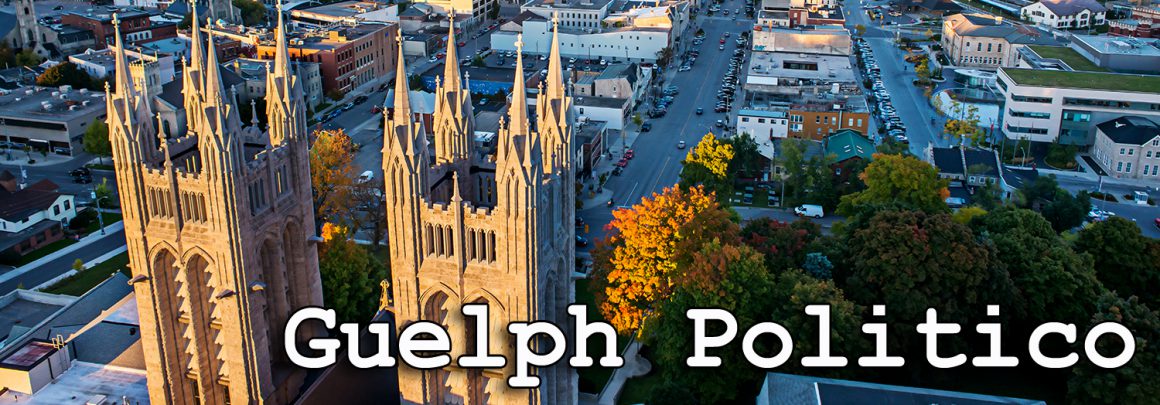One of the first acts of the current Ontario government under Premier Doug Ford in 2018 was to cancel a planned increase of the provincial minimum wage to $15 per hour. So it came something of a strange development on Tuesday morning when it was announced that Ford himself would introduce a plan to increase the minimum wage by 65 cent as of January 1, which will finally bring it to $15 per hour. Three years late.
“Ontario’s workers have been the unsung heroes of this pandemic, as they’ve stocked shelves, kept our supply chain moving and helped so many of us enjoy a meal among family and friends at a local restaurant,” said Ford in a statement. “When we asked labour leaders what their priorities were, increasing the minimum wage was at the top of the list.”
Surprisingly, Ford and key ministers were joined by UNIFOR national president Jerry Dias, and Ontario Public Service Employees Union (OPSEU) president Smokey Thomas at the Milton-set announcement. Both Dias and Thomas have not been shy about voicing their frequent discontent with Ford and his government, which was a fact that reporters at the event did not let slip by them.
“Has this government done things that have raised my ire? The answer is yes. Do we still still continue to debate over some policy initiatives they’ve implemented that I totally disagree with? The answer is yes. But the bottom line is I’m here today, understanding that we’re having a discussion on minimum wage, recognizing that it’s a good start,” Diaz said.
“So I want to restrict today’s comments to what we’re doing by raising the tides for a lot of workers that desperately need it,” Diaz added.
When challenged about whether or not he was trying to win points eight months before an election, Ford said that nearly two years of a global pandemic have shown him the value of workers in the service industry, and that he’s choosing to act despite his critics.
“We’ve been in the trenches with the frontline workers. We’ve been in the trenches with labor leaders. We’re moving forward with the economy,” Ford said. “It’s easy to play the armchair quarterback and and then take shots from the sidelines, do absolutely nothing and vote against every single thing we do. And they’ll probably vote against the minimum wage increase too, because that’s what they do.”
Presumably, the “they” is the Official Opposition NDP. In response to the announcement, leader Andrea Horwath was more focused on what Doug Ford has done, and why what he’s doing now isn’t enough.
By cancelling the planned $15 minimum wage three years ago, Doug Ford has taken more than $5,300 out of the pockets of Ontario workers to date. The cost of everything has skyrocketed since then — like housing, auto insurance, food and gas — and $15 an hour isn’t nearly enough anymore,” Horwath said in a statement. “Workers need a bare minimum of $17 an hour to cover the cost of living. New Democrats have never believed in Doug Ford’s low-wage policies for Ontario’s working people — we believe all working people should have a chance to build a decent life here.”
Building a decent life costs a little bit more in our area because the Guelph & Wellington Task Force for Poverty Elimination coincidentally released their revised calculation for a living wage in Guelph and Wellington County on Monday. According to the task force, the current living wage for our area is $18.10, which represents a $1.20 increase from the last time they put a number to the living wage locally; it was $16.90 in 2018, and it was $15.95 in 2013.
“The living wage is what a worker needs to earn, per hour, in order to make ends meet and participate in civic and cultural life,” the task force said in a release. “The calculation considers major expenses such as shelter, healthy food, childcare, and transportation, as well as expenses such as utilities and internet access. Income and deductions from government taxes and transfers are also included.”
There are currently 53 living wage employers in Guelph. You can see the full breakdown of how the task force calculated the living wage in the diagram below.
Back at the media conference, Ford was asked about the economic difference between the minimum wage and a living wage, and whether or not he thought that his government was doing enough. Ford said that he didn’t disagree with that assessment, but that this is still a “great start.”
“This is a great start for 760,000 people to get an increase and liquor servers are getting a 19 and a half per cent increase,” Ford said. “We will always strive to grow that but 760,000 people just got a raise, and another thing is that they have jobs. The previous administration lost 300,000 jobs, and now we’re short of labour. So you know something, we’re going in the right direction.”





